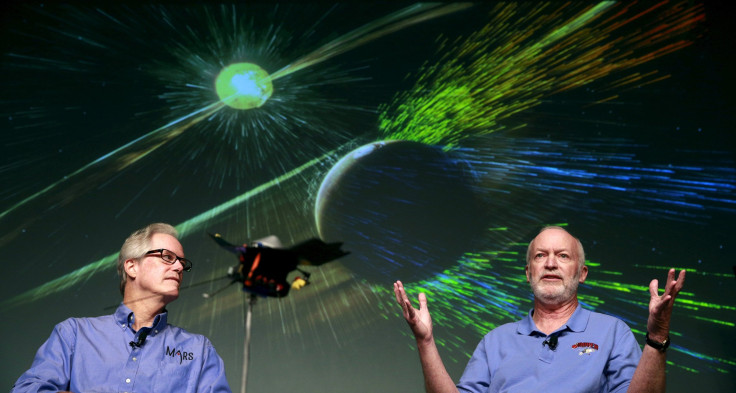Mars Mission: NASA developing special food bars for Mars flights

In order to keep the weight of the space aircraft as light as they should, NASA is developing new healthy and lightweight food bars that astronauts can take along with them to their Mars mission. The food bars are being tested at the Johnson Space Center.
Need for lightweight food bars
NASA will send Orion spacecraft for Mars mission in 2021, which is different from International Space Station. Orion spacecraft does not involve other vehicles, which have supplies or space for trash. The crew members will have to carry all that they need with them. Hence, there is space and weight for limited food items only.
Other essential items for storage
Furthermore, NASA is planning to send the spacecraft via moon, which means more storage for fuel and energy for the longer distance. Therefore, the eatables on the craft are needed to be lightweight without any compromise with their healthy quotient.
Only food bars for breakfast
Since the commercially available food bars does not comply with the needs of the Mars mission, NASA is developing calorie-rich lightweight food bars for breakfast. Their aim is to develop food bars that are sufficient for breakfast that can last on the multi-week mission.
When you have 700 to 900 calories of something, it’s going to have some mass regardless of what shape it’s in,” reports NASA engineer Jessica Vos. “So we’ve taken a look at how to get some mass savings by reducing how we’re packaging and stowing what the crew would eat for breakfast for early Orion flights with crew.”
Different flavours to ensure crew eats enough
The NASA team is working on developing different flavors such as orange, cranberry and barbecue nut. Flavours are important in order to ensure that the crew eats enough for energy and does not get bored with the taste after regularly eating it for months. Furthermore, they are conducting research on how these food bars will affect the metal and physical heath of astronauts.
As par of the Mars mission, NASA plans to send people to Mars by 2030s.





















